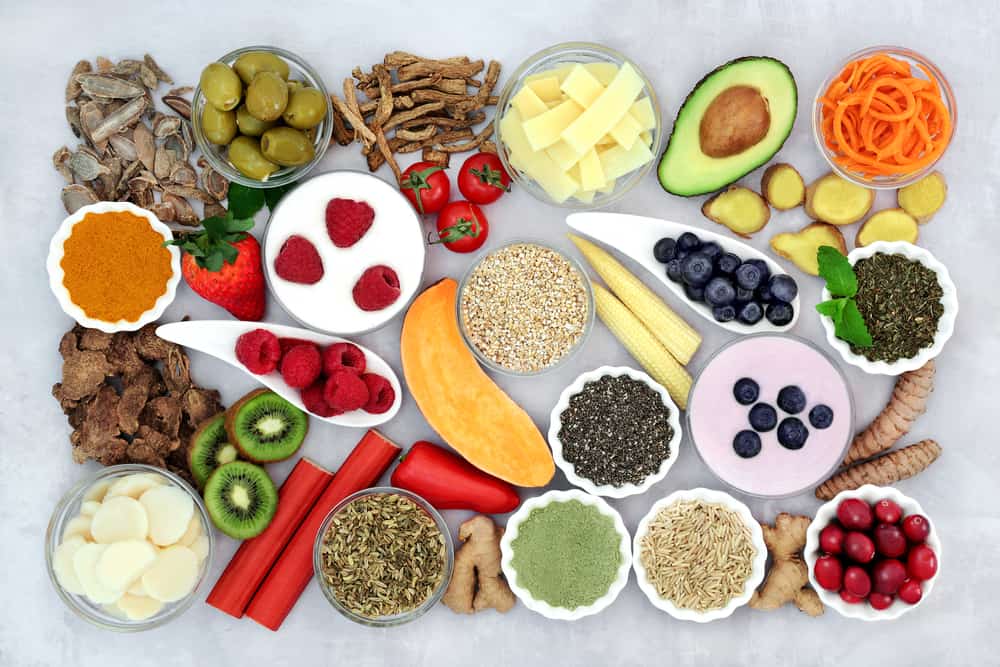Management of irritable bowel syndrome via diet

Diet represents a common trigger for IBS flares, but also it is a cornerstone of the management plan. IBS symptoms vary from one patient to another; thus, the diet plan should differ according to the patient. The patient should know his/her body. The food and symptoms diary helps the patient to know which food triggers the symptoms. The dietary plan shouldn’t contain only foods to avoid; it should also explain how the patient can get the nutritional value from other sources.
Diet management may take time, but its results are worth the effort. Avoiding the common triggers improves abdominal cramps and bloating and makes bowel movements more regular.
Before we talk about diet modifications, we need to know the most common dietary triggers of IBS, such as:
- Caffeine, coffee, and alcohol
- Dairy products
- High-fat diet
- Sorbitol and fructose (sweeteners)
- Gas-producing foods, such as beans, onions, apricots, and bagels
- FODMAPs (fermentable oligo, di, and monosaccharides and polyols): these foods are difficult to digest, pull water to the intestine, and increase diarrhea and bloating
Now, let’s discuss how the different foods interact with IBS.
